Herbart and Curriculum:
In accordance with his aims of education, Herbart has laid down the curriculum. He had before him the aims of character building and development of versatile interests in the child as the basic aims of education. Therefore, he has laid down the curriculum while keeping in view these aims and interests. He has said that the curriculum in the schools should be divided into two groups-
(1) Historical- This group should include subjects like History, Literature, Language, Social Science etc.
(2) Scientific- Under this group come to Mathematics, Geography and natural science etc.
Pestalozzi and his followers had enunciated the second group of the subjects. They had laid stress on the teaching of natural sciences, Geography, Mathematics etc. In regard to the first group, Pestalozzi confined himself only up to the teaching of oral language. He neither propounded teaching of literature nor social sciences. It was Herbart and his followers who gave an important place to teaching history and literature in the curriculum. He was so much enamoured of the utility of these subjects rather that he himself taught these subjects in the secondary schools. He realized the importance of the subjects under both groups because he believed in the all-around development of the child. He did not lay emphasis on the teaching of one group only.
He has left the reorganization of the curriculum to the teachers after pointing at three principles given below-
(1) The Principle of Co-Relation- Herbart said that the entire scheme of teaching should be well co-related and coordinated. It means that the subjects should not be taught as individual subjects independent of others. They should look like parts of an entire scheme. The educand should not feel that one subject that he is learning is from the other subject or has no relation with it. The entire curriculum should look like a body wherein various subjects should look like different organs of the body.
(2) The Principle of Concentration- This principle lays that there should be a particular centre of education or teaching of various subjects. History, literature etc. are such subjects which may become the centre of other subjects. Under this principle, it is also assumed that the knowledge should develop according to the stages of the development of the child. The teaching should grow “from simple to complex” and from “easy to difficult”.
(3) The Principle of ‘Culture-Epoch Theory’- Zill was the first man to have propounded this theory. He said that a child develops through all those stages through which the society or community had to undergo. In other words, it can be said that if society grew from barbarianism to culture, the child also grows through those stages. Herbart developed this theory and one of his disciples named it as “culture-epoch theory”. Basing his education on this theory, Herbart has said that the child should be taught only those subjects in his early years that would have been useful for a certain cultural development of the society. It was because of this that he suggested the teaching of “Odyssey”.
He is of the view that the literature that deals with the childhood of the cultural development of the society should be taught to the boys at their early ages. On the other hand, the literature that deals with the youth of the society should be taught later on.
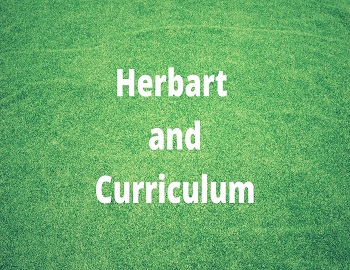
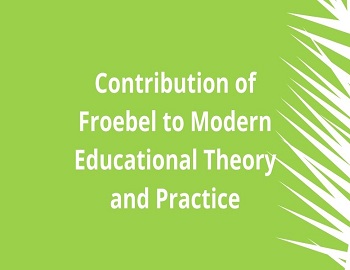

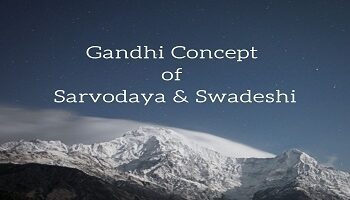
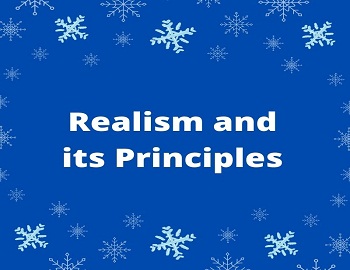
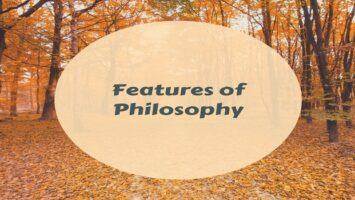
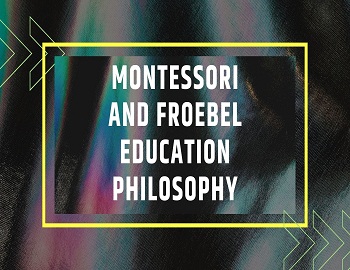
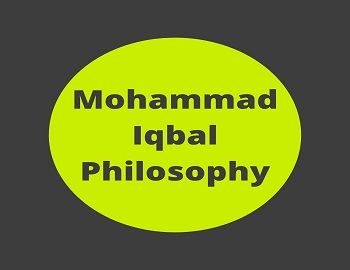
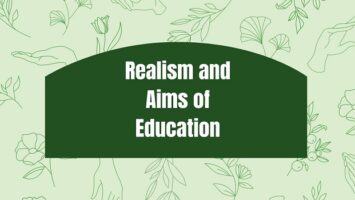
Comments (No)